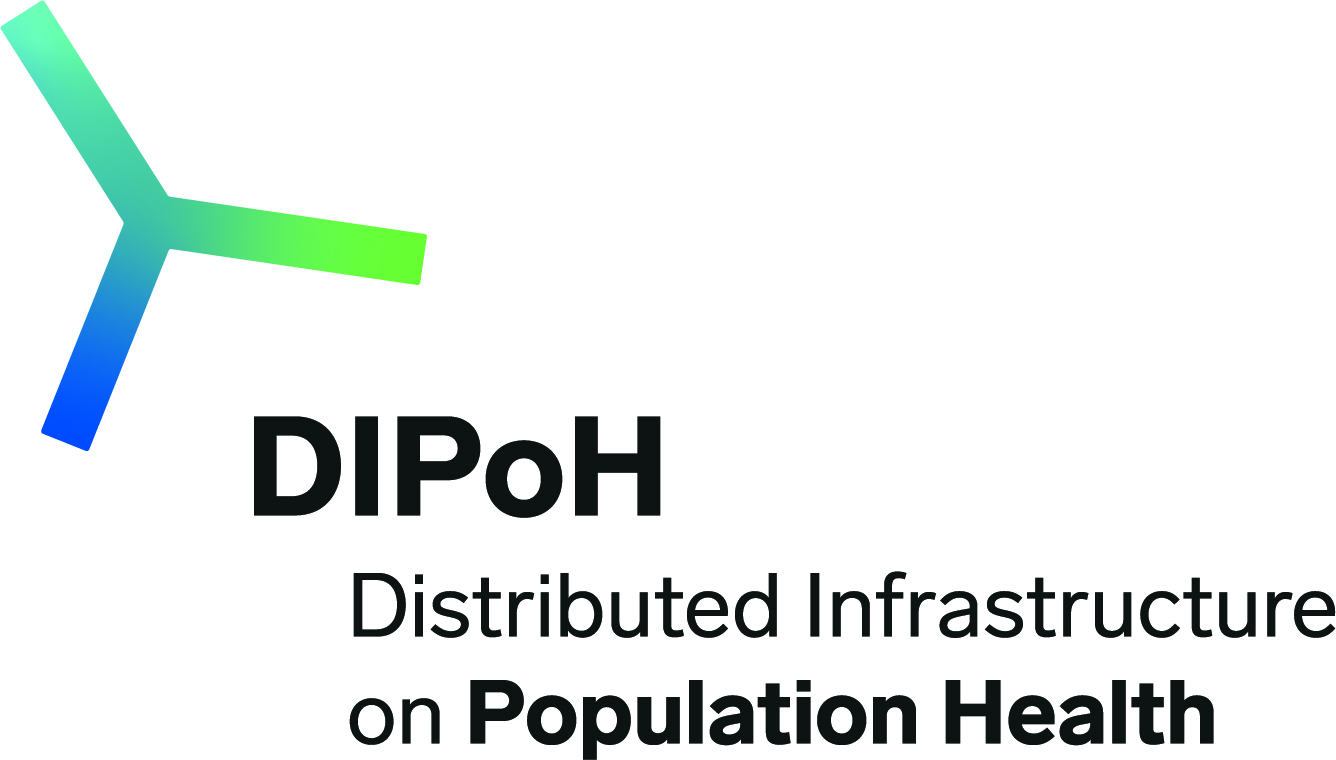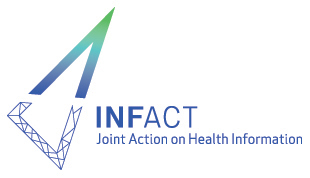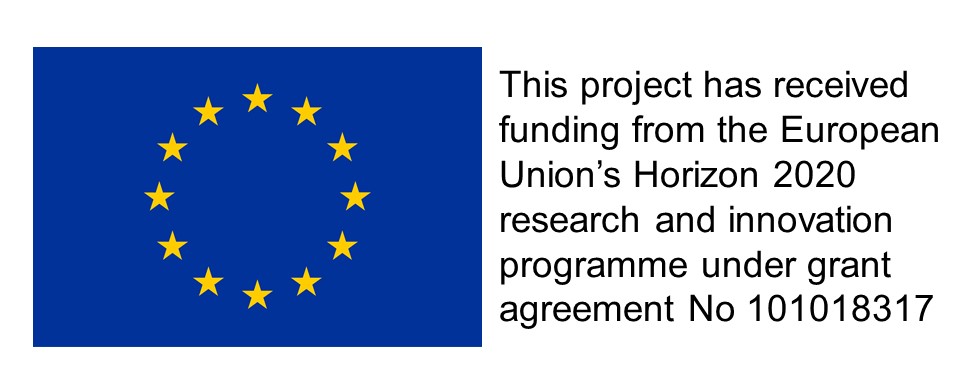At the Innovative Medicines Initiative (IMI), we are working to improve health by speeding up the development of, and patient access to, innovative medicines, particularly in areas where there is an unmet medical or social need. We do this by facilitating collaboration between the key players involved in health research, including universities, research centres, the pharmaceutical and other industries, small and medium-sized enterprises (SMEs), patient organisations, and medicines regulators. IMI is the world's biggest public-private partnership (PPP) in the life sciences. It is a partnership between the European Union (represented by the European Commission) and the European pharmaceutical industry (represented by EFPIA, the European Federation of Pharmaceutical Industries and Associations). Through the IMI2 programme, we have a €3.3 billion budget for the period 2014-2020.
The goal of IMI, particularly in its second phase (IMI2, 2014-2020) is to develop next generation vaccines, medicines and treatments, such as new antibiotics. Our projects will provide Europeans, including the increasing numbers of older people, with more efficient and effective medicines and treatments. Greater coordination across industry sectors will result in more reliable and faster clinical trials, and better regulation. Our research and innovation efforts will also open new commercial possibilities based on new services and products. The research, industry and societal sectors involved in IMI2 will benefit from the cooperation and knowledge sharing which take place in these projects.
In particular, our projects aim to:
- improve the current drug development process by providing support for the development of tools, standards and approaches to assess efficacy, safety and quality of regulated health products;
- develop diagnostic and treatment biomarkers for diseases clearly linked to clinical relevance and approved by regulators;
- where possible, reduce the time to reach clinical proof of concept in medicine development, such as for cancer, immunological, respiratory, neurological and neurodegenerative diseases;
- increase the success rate in clinical trials of priority medicines identified by the World Health Organisation;
- develop new therapies for diseases for which there is a high unmet need, such as Alzheimer’s disease and limited market incentives, such as antimicrobial resistance;
- reduce the failure rate of vaccine candidates in phase III clinical trials through new biomarkers for initial efficacy and safety checks.
| Institution | Country | Website |
|---|





